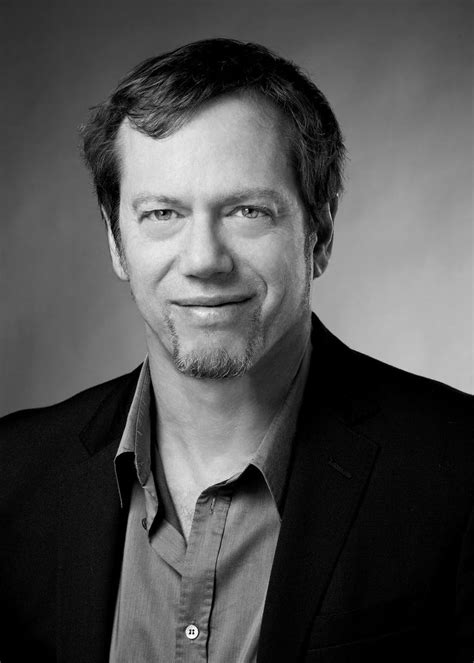A Quote by John L. Casti
Resilience, timing, adaptation - these are the three pillars upon which the emergent properties of interacting systems rest. When the systems are the economy and the environment, understanding of the relationships among these concepts is crucial. This volume does a better job of explaining how to manage both money and nature to ensure humanity's long-term future than any other work I know of. Read and reflect.
Quote Topics
Adaptation
Among
Any
Better
Better Job
Both
Concepts
Crucial
Does
Economy
Ensure
Environment
Explaining
Future
How
Humanity
Interacting
Job
Know
Long
Long-Term
Manage
Money
Nature
Other
Pillars
Properties
Read
Reflect
Relationships
Resilience
Rest
Systems
Term
Than
Three
Timing
Understanding
Volume
Which
Work
Related Quotes
We diversify in two ways. First, we probably trade more markets worldwide than any other money manager. Second, we don't just use a single best system. To provide balance, we use lots of different systems ranging from short to long term. Some of these systems may not be that good by themselves, but we really don't care; that is not what they are there for.
Flying for the airlines is not supposed to be an adventure. From takeoff to landing, the autopilots handle the controls. This is routine. In a Boeing as much as an Airbus. And they make better work of it than any pilot can. You're not supposed to be the blue-eyed hero here. Your job is to make decisions, to stay awake, and to know which buttons to push and when. Your job is to manage the systems.
... universal adoption of the institutions of the free society would better enable adaptation to climate both now and in the future. It would also ensure that, if at some point in the future, a real catastrophe, whether human-induced or otherwise (including climate change), does loom on the horizon, humanity would be in a better position to address it.
The idea of sustainability can imply there is one perfect, unchanging future, if only we could work out how to get there. Resilience might be more useful, in that it assumes a dynamic environment and that perfection is impossible. You need to design systems to accommodate failure rather than eliminate it. By trying to be perfect, many visions of sustainability are quite brittle
There are two kinds of systems in the world. There are many-party systems and there are two-party systems. And our English cousins, both England, Canada, Australia, India, tend to have majority rule elections, rather than proportional elections and that tends to lead them to have two sort of competing parties. So in England, you know, it's been, you know, since the '20's, that anybody other than Labor or the Conservatives have formed a government and gotten a Prime Minister in the Cabinet, and so on.
"Hypercoherence" is one of the most dangerous threats to the long-term survival of our civilization. Hypercoherence is the close efficient linkage of all parts of the world economic, communication and transport systems. It has been crucial in the spread of great innovations, the rise of world wealth, and even the dissemination of democratic concepts and ethical values and the defeat of oppressive regimes.
"Oppression" or "systems of oppression" operate as a shorthand terms in much writing and speaking so that we do not have to list all these systems of meaning and control each time (i.e. racism, ableism, xenophobia, etc.). I needed a term like that, but "oppression" implies a kind of top-down understanding of power that is at odds with the Foucaultian model I rely on in my work.
Nature is flexible and resilient. Nature likes redundancy and dispersion. It is approximate and deals in gradients. All boundaries are permeable. Nature nests small systems like molecules within larger systems like cells, which in turn are nested in systems called organs, organisms, ecosystems. We grew from ancient one-celled ancestors. Nature likes mergers: we contain multitudes of other life forms within us. We stand at the crest of four billion years, bacteria molded into wondrous form, burning with a slow fire and about to take the next step.
It is science that brings us an understanding of the true complexity of natural systems. The insights from the science of ecology are teaching us how to work with the checks and balances of nature, and encouraging a new, rational, limited-input, environmentally sound means of vineyard management that offers a third way between the ideologically driven approach of Biodynamics and conventional chemical-based agricultural systems.



































